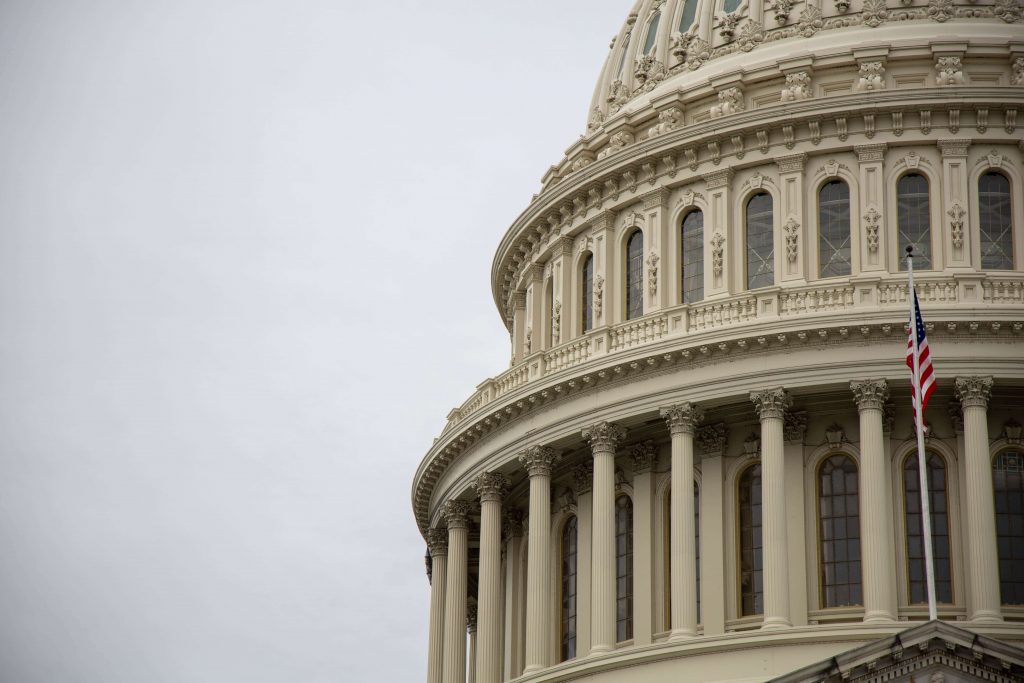Last updated on: May 20, 2025
There is no doubt a great deal of confusion about what political activity nonprofit entities can participate in. But once one is clear about the semantic differences between various forms of “political activity,” it is a good deal easier for nonprofit leaders to grasp what their organizations can and cannot do without placing their tax-exempt status at risk.
In an article published by the Virginia Tax Review, Roger Colinvaux, Professor of Law at the Catholic University of America, describes political activity limits and tax exemption as a “Gordian’s Knot.” The National Council of Nonprofits warns membership about the potential perils of “political activity.”
The Three Primary Political Activities: Advocacy, Campaigning, Lobbying
Political Advocacy: “Political Advocacy,” or explaining and educating the public about political issues without either endorsing or working against specific legislation or a specific candidate, is something that all nonprofits can engage in without limit. It does not matter if your nonprofit is organized as a 501(c)(3) or any other tax-exempt/nonprofit organization.
Political Campaigning: “Political Campaigning,” or endorsing and working on behalf of or in opposition to the election of a particular candidate is categorically forbidden for all 501(c)(3) organizations (public charities, private foundations, and private operating foundations). There is no surer way for a 501(c)(3) nonprofit to lose its tax-exempt status than to participate in campaigns for or against a political candidate.
While 501(c)(3) organizations are expressly forbidden from participating in campaigns, 501(c)(4) (Civic Leagues, Social Welfare Organizations, and Local Associations of Employees), 501(c)(5) (Labor, Agricultural and Horticultural Organizations) and 501(c)(6) (Business Leagues, Chambers of Commerce, Real Estate Boards) are categorically permitted to endorse or work in opposition to a political candidate. The sole proviso is that in all cases, this campaign activity cannot constitute the organization’s primary activity.
Lobbying: For legal purposes relative to IRS regulations, a “lobbying activity” must meet three criteria. 1) contacting legislators about 2) specific legislation and 3) requesting their vote either for or against. Lobbying represents something of a gray area for 501(c)(3) organizations. 501(c)(3) nonprofits are able to lobby within limits, but too much lobbying activity can put their tax-exempt status at risk. How much is too much? This is where it gets fuzzy and complicated, especially given both direct and grassroots forms of lobbying. There are financial limitations on lobbying based on expenditures. If your nonprofit engages in lobbying, it would be wise to consult advisors with expertise on these limits and tests. Another way to limit confusion is for your organization to take the 501(h) election.
Again, the IRS treats 501(c)(4), 501(c)(5), and 501(c)(6) organizations quite differently from 501(c)(3) organizations where lobbying is concerned. All organizations falling under these regulations may undertake unlimited lobbying, as long as the lobbying is related to “the organization’s exempt purpose.”
Citizens United and the Growth of Political Nonprofits

The Supreme Court’s 2010 decision in the case of Citizens United vs. The Federal Election Commission has helped spur interest in creating 501(c)(4) organizations and catalyzing growth in 501(c)(4) political activity.
Famously, and according to its detractors, the Citizens United ruling opened the door for large sums of “dark money” to influence political campaigns and legislation. The rationale for this critique is that IRS rules governing 501(c)(4) tax-exempt organizations while ensuring that donations to 501(c)(4) organizations are not tax-deductible, enable wealthy donors to remain anonymous.
The Bottom Line for Political Nonprofits and Aspiring Nonprofit Founders
Subsequent studies, most notably by the Urban Institute, on the effect of the Citizens United ruling, call into question whether or not 501(c)(4) nonprofits represent a true hotbed of political activity that has grown since 2010. According to the Urban Institute study author, Jeremy Koulish, the great majority of 501(c)(4) organizations operate without any political objectives; however, by virtue of IRS code regulating 501(c)(4) political activity, and the great latitude that IRS regulations allow these organizations, it stands to reason that if you are considering establishing a tax-exempt nonprofit specifically to support candidates and lobby for legislation, the most favorable organizational structure would be a 501(c)(4).
Aspiring nonprofit founders should contact BryteBridge for advice and support regarding nonprofit formation. We can also help with ongoing compliance for existing nonprofits.

